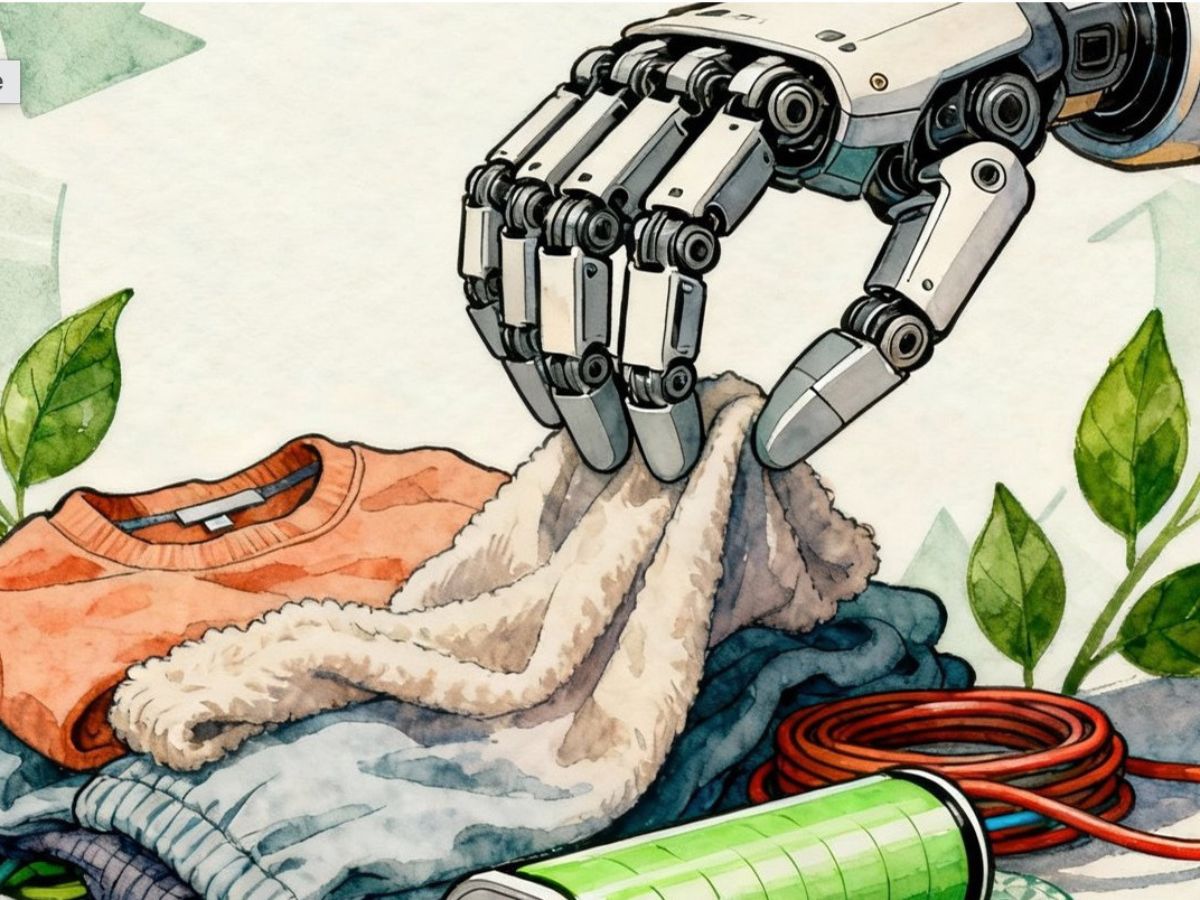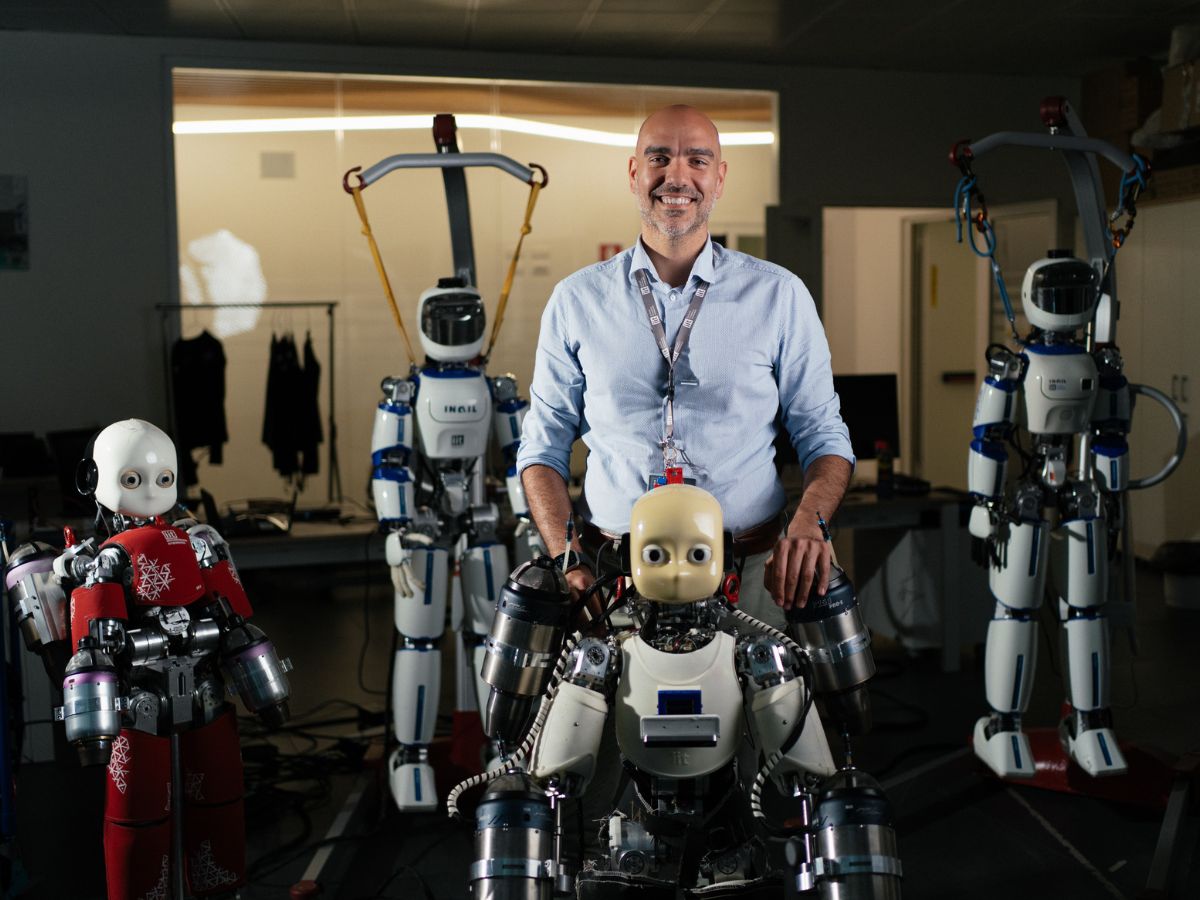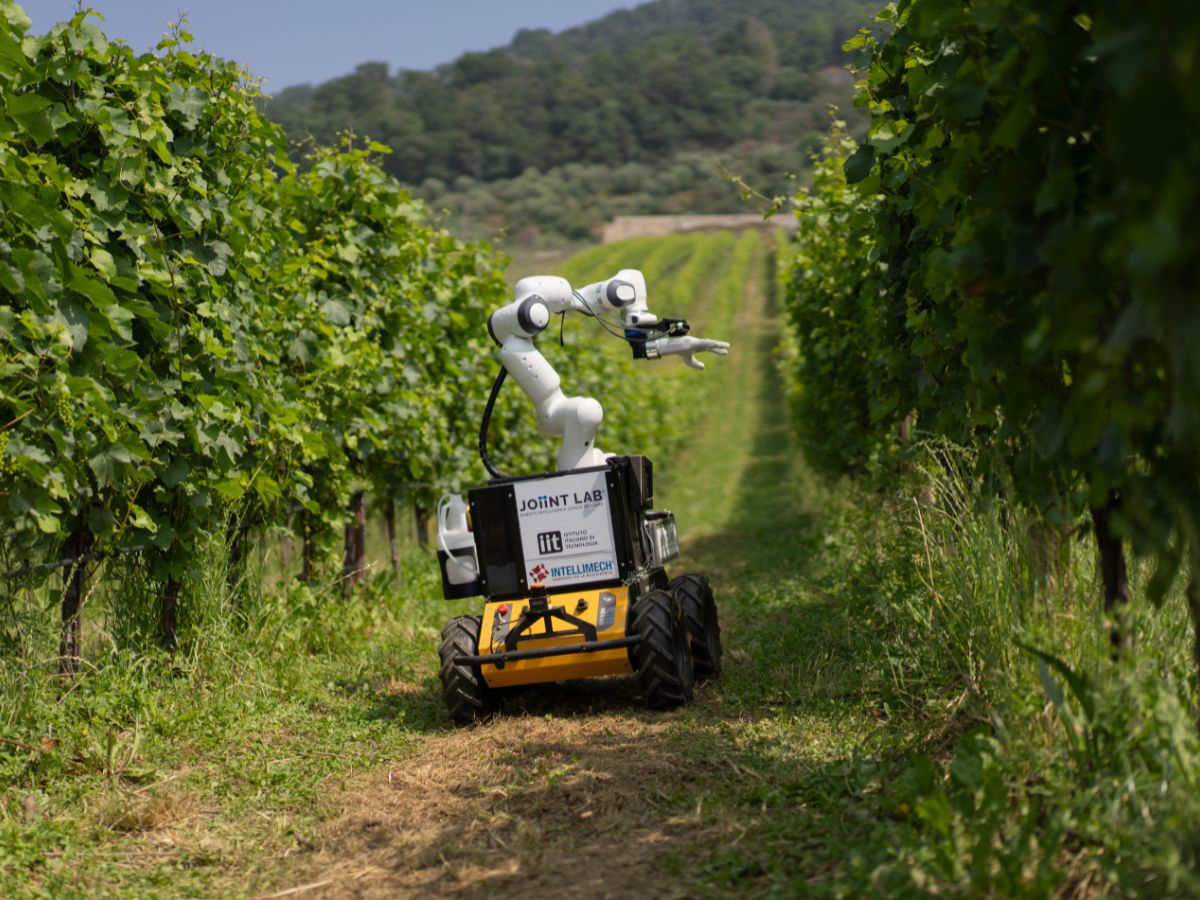The project ReHand, exoskeletonal rehabilitation hand developed at the Center for Sustainable Futures IIT in Turin (Italy), has been selected among finalists at 2° Entrepreneurship Forum and Startup Contest held during IROS 2016 in Daejeon, South Korea
ReHand, the IIT start up project that develops an exoskeletonal rehabilitation hand, has been selected among finalists at 2° Entrepreneurship Forum and Startup Contest held during the IEEE/RSJ International Conference on Intelligent Robots and Systems (IROS 2016) in Daejeon, South Korea.
IROS conference is one of the most relevant meetings in the robotics field at the International level. This results will allow the ReHand team, not only to cover all the costs related to their participation to the Conference, but, above all, to present their project in front of an international panel of robotics and business experts.
ReHand is the innovative rehabilitation hand exoskeleton designed and produced inside the Istituto Italiano di Tecnologia. The exoskeleton is easily worn as a glove in a couple of minutes and allows the patient to have her finger moved. ReHand is controlled by an advanced software, developed by the engineers at the Center for Sustainable Futures in Turin. This software makes use of bioelectrical signals recorded directly from the muscles of the patient called electromyography (EMG) signals.
Thanks to the EMG information the software can understand the intention of the patient to open or close her hand. The closed information cycle allowed by the use of ReHand (from the brain to the muscles, to the exoskeleton motor and through the eye from the finger movement back to the brain) is designed to reinforce the neurological pathways which may have been damaged by a neurological disorder such as a stroke.
The innovative, patent requested, technology of ReHand makes a new intelligent use of the underactuation principles and it allows the exoskeleton to only weight about 650 grams making it the only worldwide available truly portable exoskeleton. The same piece of technology also allows ReHand to adapt to the natural movements of the hand and therefore to use the exoskeleton to empower grasps on real object. Grasping real object is part of functional rehabilitation and it is thought to be paramount for the correct rehabilitation of the hand. Allowing the patient, right from the start, to perform such a kind of rehabilitation will eventually reduce the recovery time of the hand functionality.
The ReHand team:
Marco Paleari (ReHand Team Coordination/CEO)
Silvia Appendino (Hospital/Therapist Connections)
Alessandro Battezzato (Mechanics)
Paolo Ariano (Lab Coordination)





